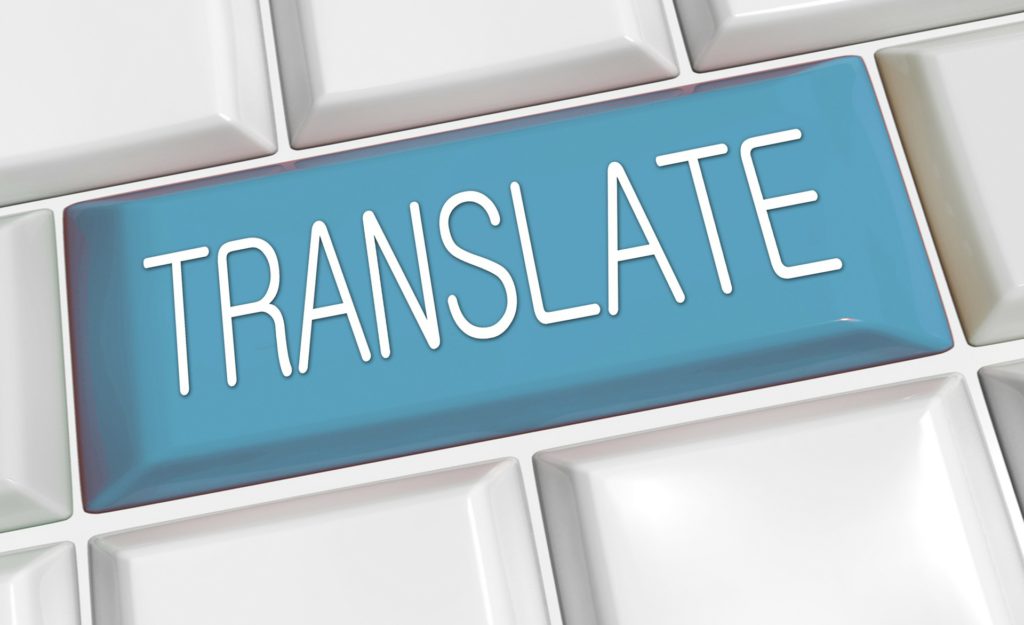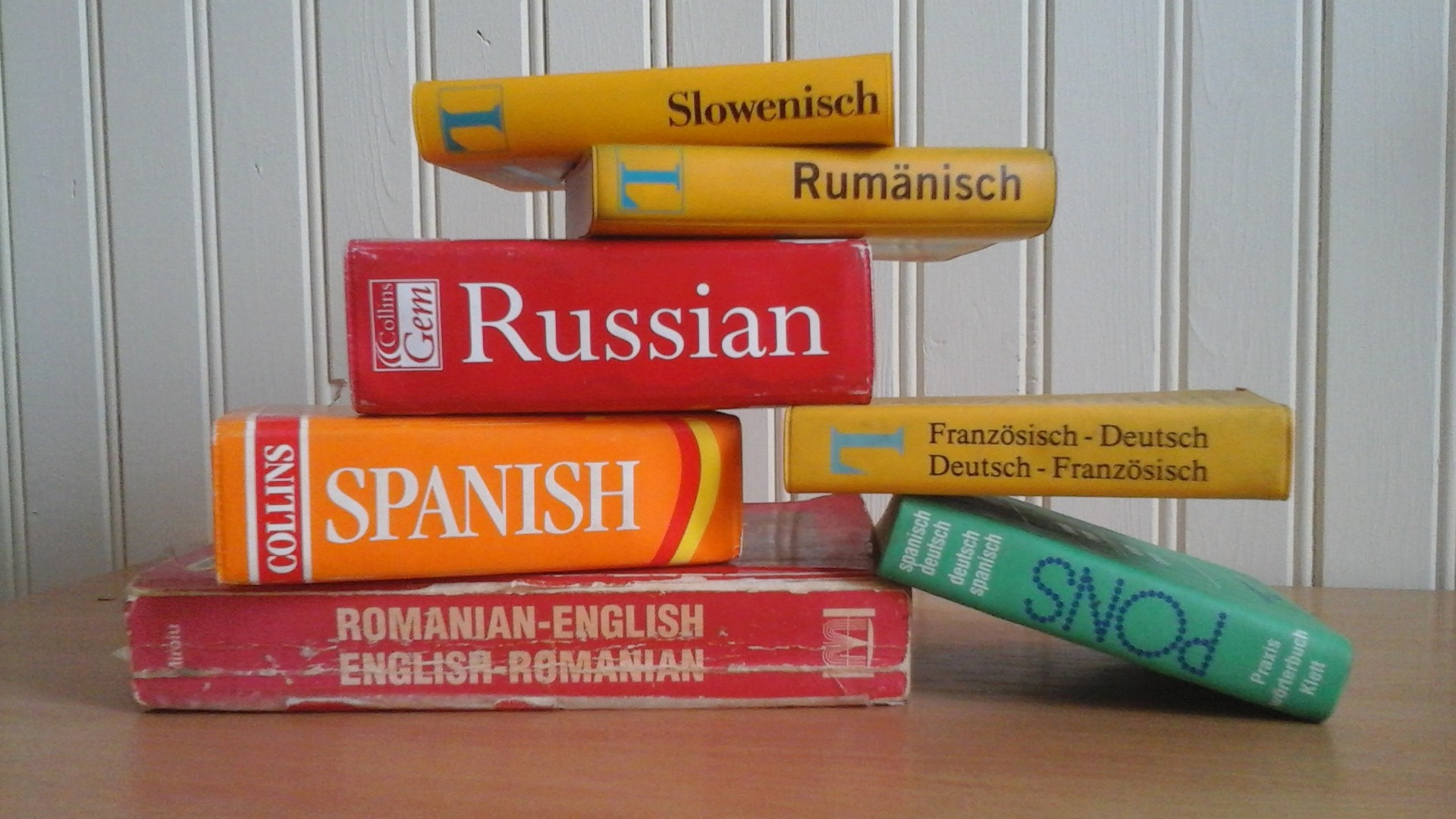The translation industry is a diverse, fragmented market. There are different types of translating services offered to suit the client’s needs – some companies offer simultaneous interpretation, others provide certified translations for legal purposes. There are even companies that specialize in interpreting online chats or social media posts into other languages.
How do you know which company is right for your needs? Here’s what you need to know about the variety of translation services available and how to choose the one that will best meet your requirements:

1. Simultaneous Interpretation
Simultaneous interpretation involves an interpreter presenting an utterance simultaneously with its spoken equivalent. If you are going to an international conference, it might be worthwhile to check out simultaneous interpretation services, as this type of service is typically used in international conferences and meetings where all participants speak different languages. This means that all participants can follow the proceedings without any language barriers.
Simultaneous interpretation services are usually expensive, as they require a lot of manpower (an interpreter for every two or three participants). However, this type of service is often seen as a necessity for important or high-profile events.
2. Certified Translation
A certified language translation is a translation that has been endorsed as accurate and complete by a qualified language translator. The service is used in legal proceedings, for official documents such as birth certificates and visas.
The client must provide the translator with an original document they want to be translated – if this cannot be accessed, a certified translation can be performed from a photo of the original document, providing it is a good quality one.
The services offered will also depend on whether it’s being delivered in-country or between different countries. For example, the requirements to have a bank account opened will differ depending on your location. Certified translations are often required before contracts can be signed or deals can go ahead, making them common business requests, too.
3. Consecutive Interpretation
Consecutive interpretation is a type of interpreting service where the interpreter takes notes as the speaker talks, then delivers a translation of those notes once the speaker has finished. This type of interpreting is often used for private meetings or small group discussions where everyone present speaks the same language.
Because consecutive interpretation involves taking detailed notes, it can be more time-consuming than other types of interpreting – meaning that it’s usually less expensive. However, this type of service can be unsuitable for lengthy speeches or presentations.
4. Literary Translation
Literary translation involves translating a work of literature from one language into another. Literary translators are particularly sought after for their understanding of linguistic nuances and their ability to convey the tone of the original text in another language.
This means that literary translations can be difficult to perform – while it’s possible to translate word-for-word, this usage often jars with the intended audience, leaving both readers and listeners confused.
5. Technical Translation
Technical translations involve communicating technical information between different groups – such as engineers or scientists working in different countries. Because these clients have specific terminology they use every day at work, it’s vital that any translations retain the same sense of accuracy and detail found in the source material. It’s also important that the translator has a strong understanding of the field they’re translating in, as this will help them to capture the nuance and meaning behind the text.
Technical translations can be time-consuming and expensive, but they’re essential for businesses that want to ensure their communication is effective and professional across all languages.
When choosing a translation service, it’s important to first think about what type of translation you need. If you’re not sure, do some research into the different types of interpretation and translation available – this will help to give you a better idea of what’s available and which one is most suited for your needs.
6. Important Considerations
Once you’ve narrowed down your options, it’s important to consider the following factors:
Accuracy – This is one of the most important aspects to consider. The last thing you want is for your translation to be confusing or inaccurate – especially if it’s being used in a professional capacity or as evidence in a legal setting. You should also bear accuracy in mind when translating marketing material, as unclear text can harm your brand and make customers less likely to take your company seriously.
Time frame – How quickly do you need the document translated? If you’re planning an event that requires negotiations between different parties, then you’ll probably need to have texts prepared very quickly, whereas technical translations often require several rounds of revision before they’re complete. This means that no matter how much time you have available, there will always be a translation service out there that matches your needs.
Budget – Translating documents and texts can be expensive, and if your business doesn’t have much in the way of resources, then it may be better to focus on other aspects of marketing instead. However, many translation services offer discounts if you supply them with a bulk order, so even if you only need a few texts translated every month, these offers could help you save money over time.
As well as considering these factors when choosing a translation service, it’s also important to think about the target audience for the translations. For example, if you’re translating marketing material into another language, then it’s essential that you understand what word choices will best appeal to your target market and which words might turn them off. The more work you put in before you start the translation process, the more likely it is that your finished product will meet and exceed your expectations.

Source https://www.pexels.com/photo/black-and-white-book-business-close-up-267669/
Translations play a vital role in modern society – without them, we would be unable to communicate with people from different countries and backgrounds. As well as making it easier for people to connect with one another, translations can also help businesses to reach new markets and expand their customer base. There are many different types of translation services available, each with its own set of benefits and drawbacks. Some types are cheap and relatively quick, while others can take a long time to complete but offer a high level of accuracy.
















